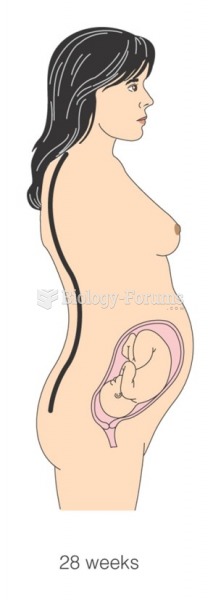Answer to Question 1
Correct Answer: 4
Rationale 1: It is inappropriate for the nurse to call the health care provider; tricyclic antidepressants need time to work.
Rationale 2: Telling depressed clients they look better negates their feelings and is inappropriate.
Rationale 3: The time frame for efficacy is several weeks, not several months.
Rationale 4: The therapeutic effects of tricyclic antidepressants can take 26 weeks to appear.
Global Rationale: The therapeutic effects of tricyclic antidepressants can take 26 weeks to appear. It is inappropriate for the nurse to call the health care provider; tricyclic antidepressants need time to work. Telling depressed clients they look better negates their feelings and is inappropriate. The time frame for efficacy is several weeks, not several months.
Answer to Question 2
Correct Answer: 4,5
Rationale 1: Depression does not necessarily result from cold or distant parents.
Rationale 2: Environmental influences are only one of the causes of depression; this answer does not include the biological basis for depression.
Rationale 3: Depression has been studied extensively.
Rationale 4: Depression has many causes; it is a brain-based disorder that is exacerbated by environmental influences. Depression runs in families, supporting a genetic link.
Rationale 5: Depression has many causes; it is a brain-based disorder that is exacerbated by environmental influences. Depression runs in families, supporting a genetic link.
Global Rationale: Depression has many causes; it is a brain-based disorder that is exacerbated by environmental influences. Depression runs in families, supporting a genetic link. Depression does not necessarily result from cold or distant parents. Environmental influences are only one of the causes of depression; this answer does not include the biological basis for depression. Depression has been studied extensively.







